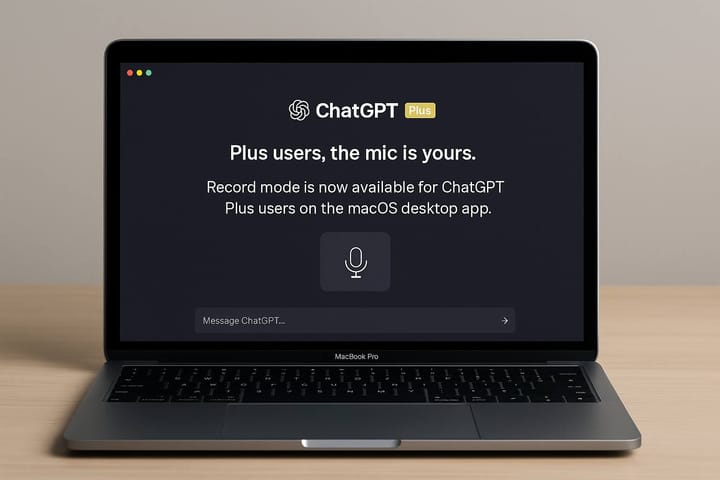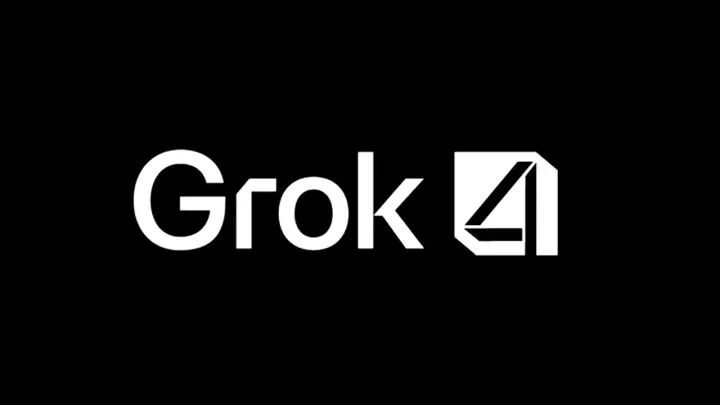ChatGPT Remains the World’s No. 1 AI? Here’s Why
ChatGPT continues as the world’s no. 1 AI thanks to cutting-edge technology, a vast ecosystem, and ever-growing user trust.

Artificial intelligence keeps evolving at a rapid pace, but as of mid-2025, ChatGPT still stands firmly as the number one AI in the world. This dominance isn’t accidental; it’s driven by a mix of advanced technology, a mature ecosystem, and global trust that competitors like Google Gemini, Anthropic Claude, and XAI’s Grok are still struggling to match.
ChatGPT’s Leading Technology
ChatGPT, OpenAI’s flagship product, has evolved through multiple generations—from GPT-2, GPT-3, GPT-4, to GPT-4o. Each upgrade has brought significant leaps in language comprehension, response accuracy, and real-time adaptability to diverse global contexts. The GPT-4o model, for instance, excels at handling complex instructions and adapting conversations on the fly with impressive precision.
Independent assessments from Stanford HAI and other research institutions consistently place ChatGPT ahead in NLP (Natural Language Processing) benchmarks compared to its competitors. This holds true not only for English but also for other languages like Indonesian, Japanese, French, and less commonly spoken regional tongues.
Massive Ecosystem and Integration
A key strength of ChatGPT lies in its vast ecosystem. OpenAI doesn’t just offer ChatGPT as a chatbot; it provides APIs adopted by hundreds of thousands of developers worldwide. The product is integrated across countless platforms, from productivity tools and healthcare services to education apps and social media.
Thanks to a solid user community, daily feedback from millions is directly funneled into ongoing service improvements. This rapid, measured “learning by doing” approach enables ChatGPT to stay highly adaptive and relevant.
Data Breadth and Multilingual Capabilities
OpenAI powers ChatGPT with a highly diverse, extensive dataset spanning countless topics, languages, and cultural contexts. Its multicultural understanding allows ChatGPT to be more flexible for users worldwide. According to Reuters, ChatGPT boasted over 100 million monthly active users by 2025, marking a global reach nearly unmatched in the industry.
Security, Ethics, and Public Trust
ChatGPT’s success isn’t just about technological prowess but also public trust. OpenAI makes security and ethics a top priority, routinely updating its models to reduce misuse, filter sensitive content, and ensure data transparency. Many businesses and educational institutions choose ChatGPT for its strong privacy reputation and commitment to user safety.
Brand Awareness and Mindshare
The ChatGPT name has become synonymous with generative AI. Even as major players launch new products, ChatGPT remains the “gold standard” in public perception. Consistent quality, strong branding, and global media support all play key roles in its continued popularity.
Competitors Are Closing In
While ChatGPT leads, competitors are not standing still. Google Gemini excels at integrating with Google services, while Anthropic Claude emphasizes safety and risk mitigation. On another front, XAI’s Grok offers a more “freewheeling” style and quick responses to trending topics. So far, however, no other AI has matched ChatGPT’s balance of technology, ecosystem depth, and user trust.
The Future of ChatGPT and Global AI
ChatGPT’s challenges ahead include not just competition but growing public demands for transparency, privacy, and social responsibility. Society is now acutely aware of the need for ethical AI oversight, ensuring these technologies benefit the many without introducing new risks.
With adaptive technology, the world’s largest user base, and unmatched brand awareness, ChatGPT remains the world’s number one AI to date. Still, the global AI race continues to move fast, pushing every player—including OpenAI—to keep innovating and evolving.





Comments ()